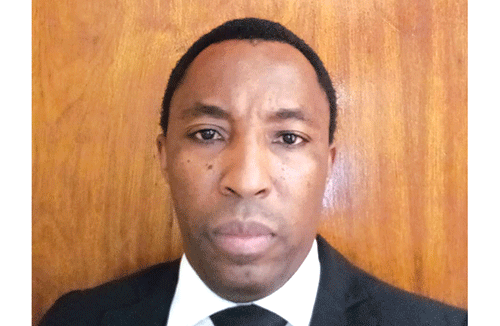Decolonisation as a theory focuses on challenging the colonial and imperialist perspectives on Africa and Africans. It seeks to debunk hegemonic discourses on Africa by continually opposing and resisting those notions that cast Africans as primitive and backward.
Law permeates all realms of social behaviour; it is a tool of social engineering. It is also a truism that society needs law to solve the problem of social order by protecting certain human interests. However, in the context of Africa, the legacy of colonialism has significantly shaped the legal systems in place today.
African legal systems have followed the standard and structure of the legal systems of the colonising powers (English, French, Spanish, and Portuguese) to the detriment of indigenous laws. This has resulted in a legal framework that does not fully reflect the diverse cultural and traditional norms of African societies.
The decolonisation aims to jettison all that is colonial in the legal system, seeking to address the inherent biases and inadequacies that have been perpetuated through colonial influence.
While some African countries, notably those that are English-speaking, have enacted legal pluralism to include customary law, there remains a pressing need to decolonise the legal curriculum in Africa.
This is essential to ensure that legal education reflects the realities and needs of African societies, rather than perpetuating colonial legacies.
The diversity of Africa in terms of size, cultures, languages, and political systems presents a significant challenge in conceptualising a decolonial curriculum for law.
The question arises: how will a decolonial curriculum be conceptualised to effectively address the unique complexities of African societies?
This issue necessitates an in-depth inquiry into the ways in which legal education can be restructured to embrace indigenous knowledge systems and traditional legal practices while integrating contemporary legal principles.
Rationale
The rationale for decolonising law and legal education in Africa is multifaceted. Firstly, it is imperative to address the historical injustices perpetuated through colonial legal frameworks.
Decolonising law seeks to rectify the biases and discriminatory practices that have been embedded in legal systems, thereby promoting social justice and equality. Furthermore, decolonising legal education is essential for nurturing a new generation of legal professionals who are equipped to navigate the complex socio-legal landscape of Africa.
Ideology
The ideology underpinning the decolonisation of law in Africa is rooted in the principles of equity, cultural relevance, and social empowerment.
It is imperative to recognise that decolonising law goes beyond mere structural changes; it requires a fundamental shift in mindset and approach towards legal education. Strategies for decolonising law in Africa may include curriculum reforms that incorporate indigenous legal knowledge, promoting research and scholarship on African jurisprudence, and fostering collaborations between traditional authorities and legal institutions.
Challenges and
opportunities
The process of decolonising law in African curricula is not without its challenges. The entrenched nature of colonial legacies, resistance to change, and the need for extensive capacity building pose significant hurdles. However, there are also opportunities to leverage indigenous knowledge systems, promote cultural diversity in legal education, and foster a more inclusive and holistic approach to legal studies.
Conclusion
The decolonisation of law in African curricula is a complex yet essential undertaking. It requires a comprehensive re-evaluation of legal education to ensure that it reflects the diverse cultural, social, and historical contexts of African societies.
By embracing indigenous knowledge systems, challenging hegemonic discourses, and promoting equitable legal frameworks, the decolonisation of law in African curricula holds the potential to foster a more just and inclusive legal system for the continent.
*Jesaya Clemente Nande Mukwambi is a Law Student at the University of Namibia


